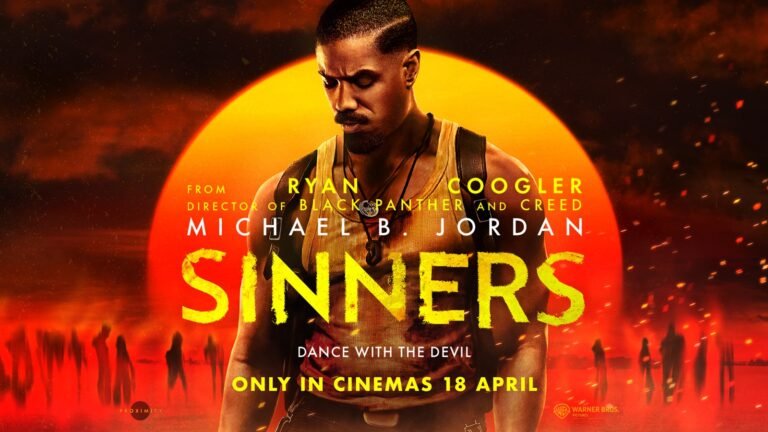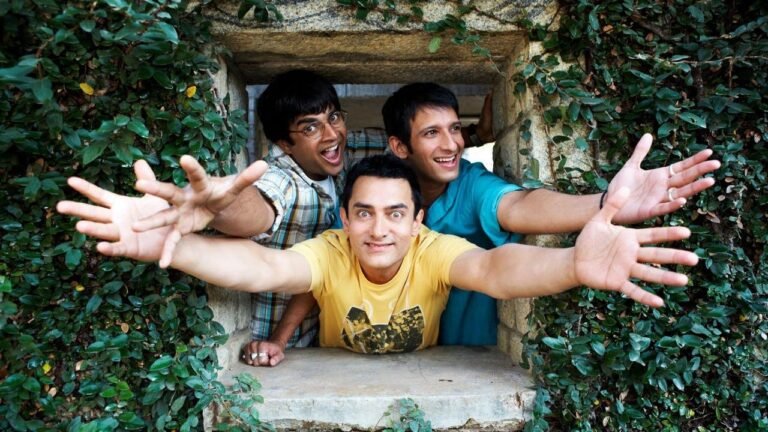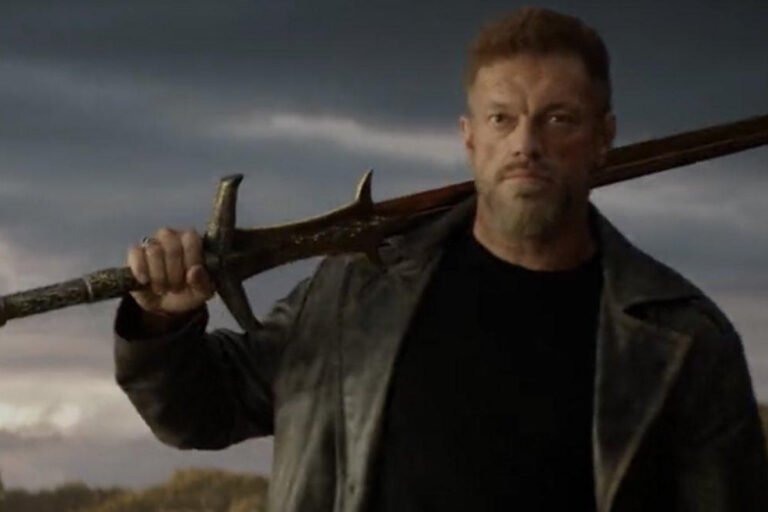Twin Warriors: A Masterpiece Waiting for Its True Recognition
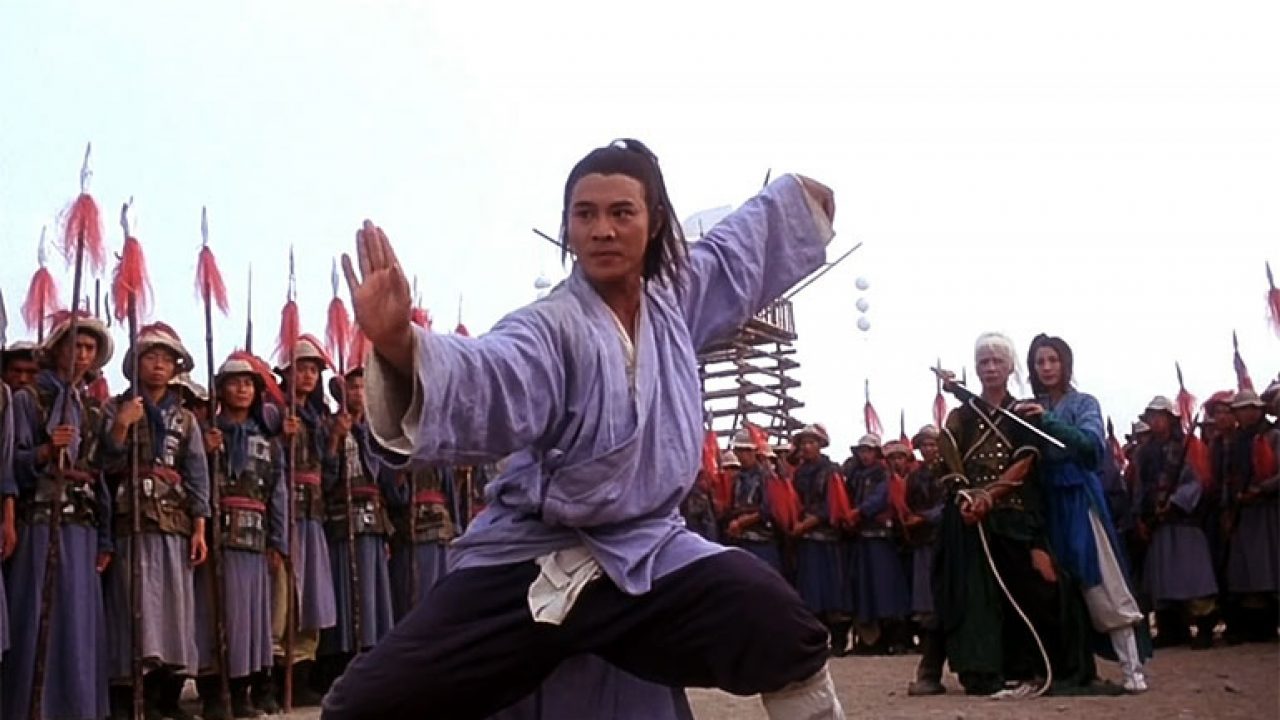
Released in 1993, Twin Warriors (also known as Tai Chi Master) stands as a remarkable example of martial arts cinema, blending action, humour, and drama in an epic tale. Directed by Yuen Woo-Ping and starring the legendary Jet Li and Michelle Yeoh, the movie captures the spirit of martial arts with precision, beauty, and an emotional weight that is both exhilarating and profound. Yet, for all its strengths, Twin Warriors remains one of the most underrated martial arts films of its time. Let’s explore why this movie deserves to be revisited, celebrated, and given the acclaim it truly deserves.
The action sequences in Twin Warriors are a marvel to watch. Directed by Yuen Woo-Ping, a master choreographer responsible for The Matrix and Crouching Tiger, Hidden Dragon, the film’s fight scenes are executed with a fluidity and grace that turn battles into a captivating art form. Yuen blends tai chi with intense kung fu, and this unique combination of styles gives the fights a mesmerizing, almost dance-like quality.
But these scenes are not just physical; they are full of emotion. Every punch, kick, and flip tells a story. We see the friendship between the two main characters evolve through their physical struggles, with their techniques symbolizing the harmony and discord in their relationship. When they’re friends, their movements synchronize beautifully, but as their rivalry grows, their styles clash and diverge, representing the inner conflict they feel. This makes the martial arts in Twin Warriors not just impressive but deeply meaningful.
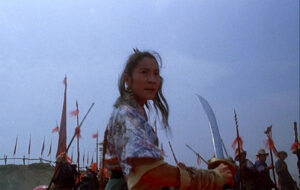
The star power of Jet Li and Michelle Yeoh in this film cannot be overstated. Jet Li’s character, Junbao, is a young monk with a pure heart but an unyielding spirit. Li plays him with such charisma and skill that it’s impossible not to root for him, even as he faces heartbreaking challenges. His ability to move seamlessly between comedy, drama, and intense action scenes is a testament to his versatility.
Michelle Yeoh, who plays Siu Lin, is just as captivating. As a fellow fighter, her character is fiercely independent, intelligent, and compassionate. She brings a level of emotional depth to her role, showing strength not only through her martial arts but through her determination and resilience. Watching Yeoh in Twin Warriors reminds viewers of her incredible talent and how she has helped pave the way for women in action cinema. Her performance alone is a reason the movie deserves more acclaim.
At the heart of Twin Warriors is a story of friendship turned rivalry, a theme that resonates across cultures and genres. Junbao and his friend, Tienbo, start as brothers in arms, both filled with ambition and hope. They share a bond forged through years of training together, enduring the discipline and hardships of monastery life. But as they encounter the world outside, they choose different paths, with Junbao embracing peace and balance while Tienbo is drawn to power and aggression.
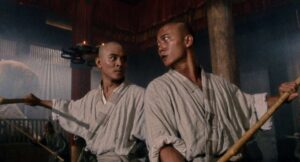
This journey from friendship to betrayal is executed with subtlety and emotion. We watch as their shared dreams unravel, replaced by conflicting goals. The pain of their growing animosity feels raw and real, and it is both tragic and compelling to see them struggle with their choices. This tale of friendship turned sour has a timeless quality that adds a layer of emotional weight to the high-octane action scenes, elevating the story beyond just a martial arts spectacle.
The cinematography in Twin Warriors is another element that makes it a hidden gem. Set against beautiful landscapes and historical backdrops, the movie captures the elegance of Chinese culture and architecture. Every shot is carefully crafted to blend movement with setting, drawing the viewer into each scene as though witnessing a live painting. This visual beauty enriches the viewing experience, providing moments of calm between the intense action sequences.
Beyond the aesthetics, there’s a philosophical depth to the film that sets it apart. The movie explores the principles of tai chi, emphasizing balance, harmony, and the power of restraint over brute force. Junbao’s journey reflects these principles, showing how inner peace can be stronger than physical strength. This message is woven subtly throughout the film, giving the story a layer of depth that resonates long after the final scene.
One of the most refreshing aspects of Twin Warriors is its ability to balance humour with drama. The early parts of the film are filled with light-hearted moments and playful exchanges, especially between Junbao and Tienbo, capturing the innocence of their youth. These comedic elements provide a stark contrast to the intensity that follows, making the tragic moments even more impactful. The film doesn’t shy away from showing the characters’ struggles and heartbreaks, but it also gives them moments of joy and humour, making them feel more human and relatable.
This balance is rare in martial arts films, which often lean heavily on action and drama. Twin Warriors manages to be entertaining without compromising the emotional core of the story. It is this blend of light and dark, humor and heartache, that makes the film so unique and deserving of more recognition.
Despite its incredible qualities, Twin Warriors is often overshadowed by more commercially successful martial arts films. This is unfortunate, as it deserves to be ranked among the classics of the genre. It has all the elements of a masterpiece: stunning choreography, powerful performances, a compelling story, beautiful cinematography, and a philosophical depth that leaves a lasting impact.
Many modern action films could learn from Twin Warriors—from its respect for martial arts to its emotional storytelling. For fans of martial arts cinema and for anyone who loves a story about friendship, betrayal, and redemption, Twin Warriors is a must-watch. It reminds us that even the greatest battles are often fought within, and that true strength lies in balance and compassion.
In a world and industry filled with action films focused on spectacle, Twin Warriors stands out for its substance. This is a movie that respects the art of storytelling as much as the art of fighting. It speaks to universal themes of loyalty, growth, and the inner conflict we all face in choosing between ambition and integrity.
For those who haven’t experienced the magic of Twin Warriors, there’s no better time than now to discover this hidden treasure. And for those who have seen it, a rewatch is likely to reveal layers and nuances that make the film even more meaningful. Twin Warriors is more than just a martial arts film; it’s a story that resonates with the human experience, and it’s high time this underrated classic receives the recognition it so richly deserves.
